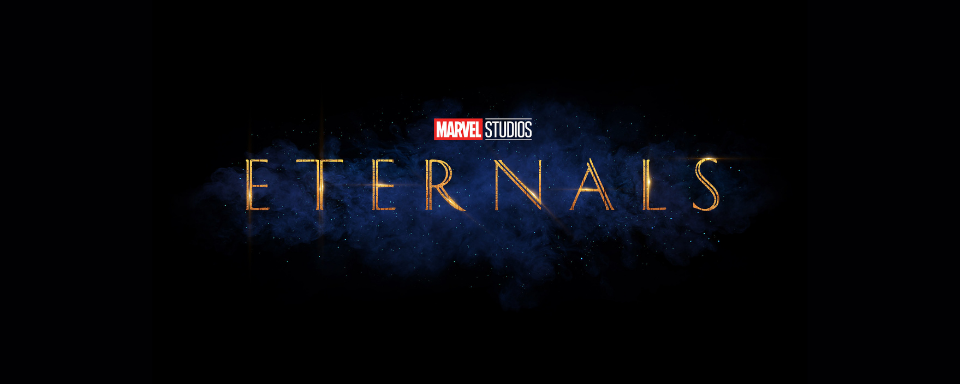
ETERNALS on Screen
"A lot of people are going to see themselves as a superhero for the first time"
Terence McSweeney, author of Black Panther: Interrogating a Cultural Phenomenon, contributed this guest blog post in conjunction with the recent release of Marvel’s Eternals. Here, he details elements in the film that point to Eternals as a ground-breaking and, potentially, redefining moment in the MCU.
******************************************************************************************
November 5, 2021, marked the world-wide release of Eternals, the 26th film in the Marvel Cinematic Universe (MCU), the studio’s unprecedented experiment in franchise building which started thirteen years ago with Iron Man (2008).
The potential of Eternals to adhere to and depart from the formula of the twenty-five MCU films which precede it has been widely discussed since the project was announced in April 2018. Kevin Feige himself, the architect of Marvel’s transition from comic book publisher to world-beating film studio, recently commented that, “The impact the Eternals will have on the MCU will be nothing less than redefining the cinematic universe entirely.” Such hyperbole by creators of the newest mainstream blockbuster release is, of course, nothing new, but in the case of Eternals it does bear closer inspection for the following reasons:
- It features an ethnically diverse cast of lead performers of Chinese, Pakistani, African American, Mexican American, Korean American, and Lebanese Hispanic descent, groups that rarely find themselves represented onscreen in American films and definitely not in blockbuster cinema.
- Of the ten central Eternals featured prominently in the film, five are men and five are women. Two of its main characters, the actual leaders of the group, Angelina Jolie’s Thena and Salma Hayek’s Ajak, are rare examples of central female screen presences in their forties and fifties respectively. The superhero film is a genre that has almost exclusively privileged the experiences of men, regardless of their age, and always found plenty of screen time for aging yet still active and virile patriarchal figures in ways it has never done for their female counterparts.
- One of its protagonists, Brian Tyree Henry’s Phastos, is the first named gay character in the history of the MCU. Not only does he have an onscreen husband and a child, but Phastos will participate in the MCU’s first gay kiss.
- It features the first disabled superhero in the franchise, Lauren Ridloff’s Makkari, who is also the first disabled actress to be featured in the genre. Superhero films have had some disabled characters in the past, from Charles Xavier aka Professor X to Victor Stone aka Cyborg, but they have always been played by able bodied performers. In already released footage, Makkari is shown communicating with Kumail Nanjani’s Kingo via sign language. When Ridloff was asked recently about the significance of her role, she answered, “I know I’m not the only one; there are other people out there like me… When we do become more inclusive and we tell stories of other people, we develop more compassion as a result.”
This last point was returned to by one of the film’s biggest stars, Angelina Jolie, who remarked, “A lot of people are going to see themselves as a superhero for the first time.”
The cast of Eternals is the most diverse ever seen in the superhero genre. Courtesy of Marvel Studios
If any of these things listed above don’t seem to be a big deal to you, it is worth pausing for a moment to consider what they might mean to members of their respective communities who have rarely if ever seen themselves represented onscreen in such a way, and certainly not in a superhero film which will be seen by millions of people all over the world from Albania to Zambia.
Chloé Zhao on the set of Eternals with Richard Madden and Don Lee. Courtesy of Marvel Studios
Terence McSweeney is senior lecturer in film and television studies at Solent University. He is the author of Avengers Assemble!: Critical Perspectives on the Marvel Cinematic Universe, The Contemporary Superhero Film: Projections of Power and Identity, and Black Panther: Interrogating a Cultural Phenomenon, released in November 2021 by University Press of Mississippi.
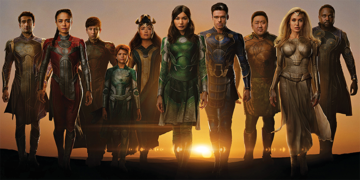
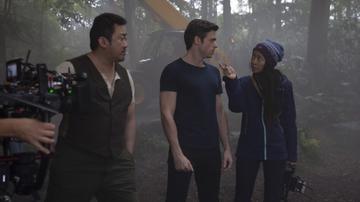
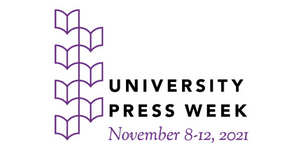
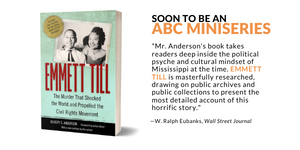
Comments